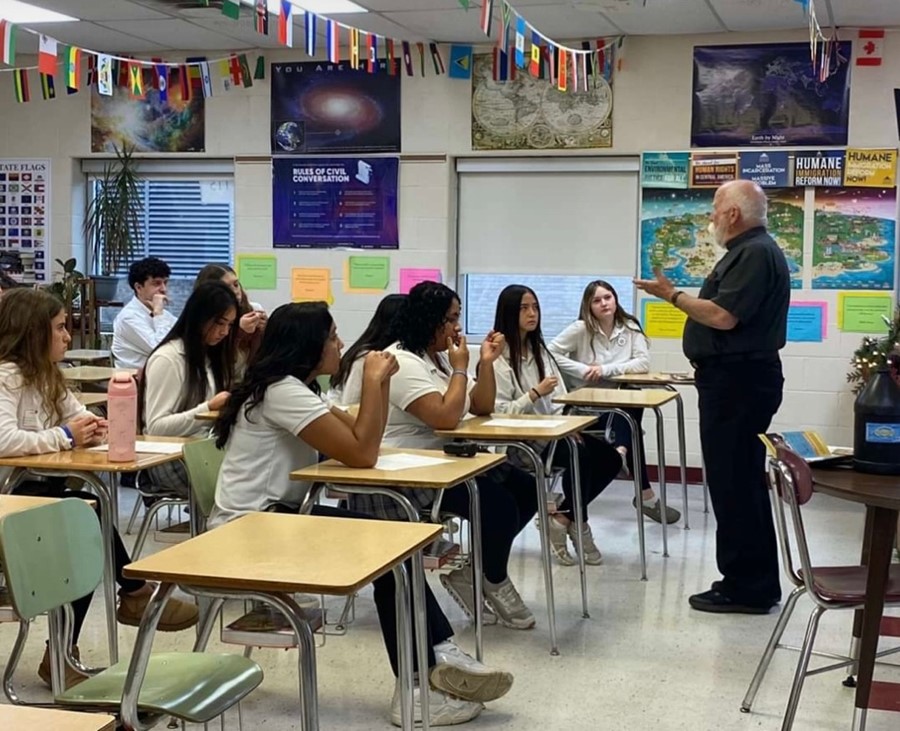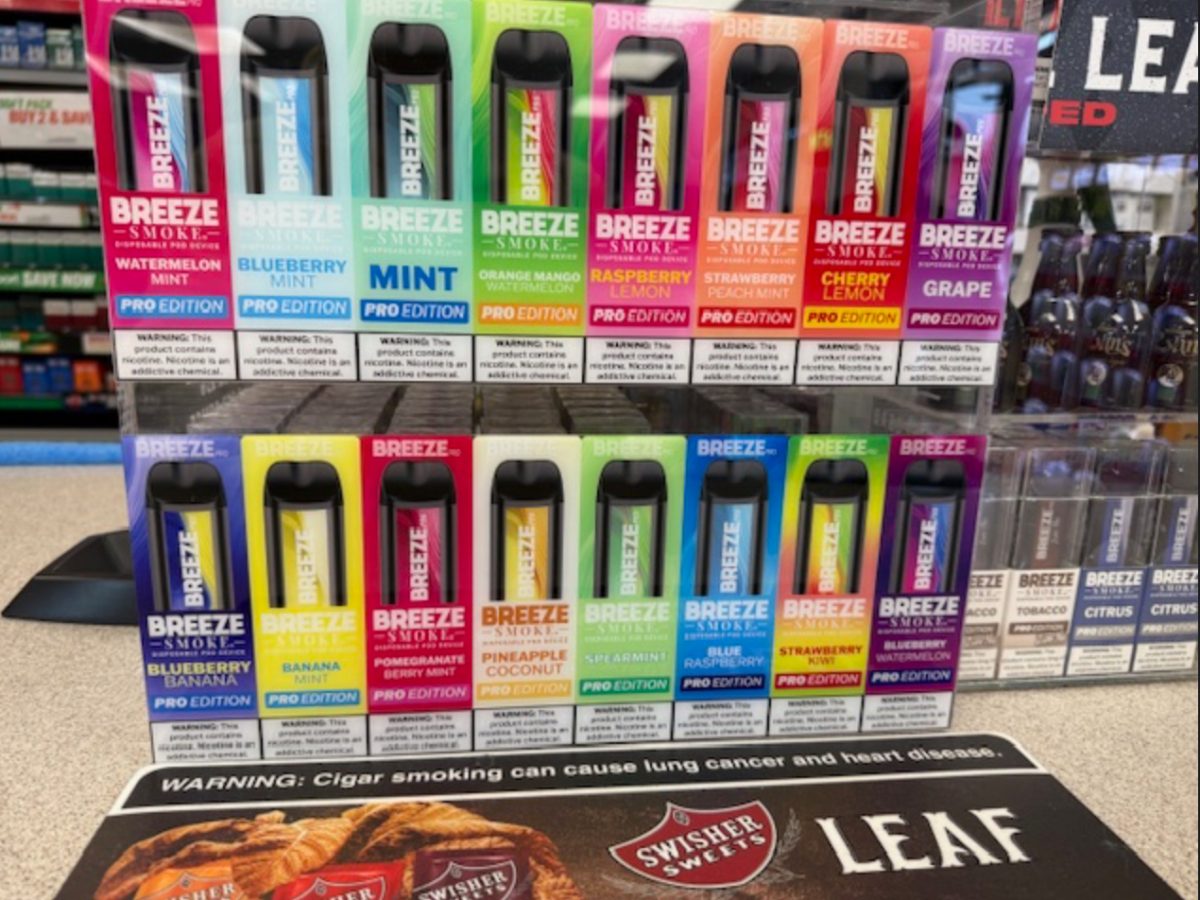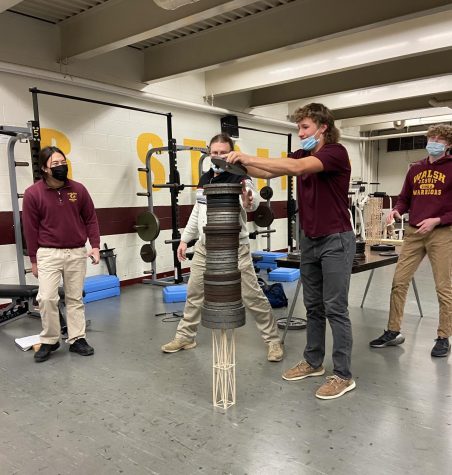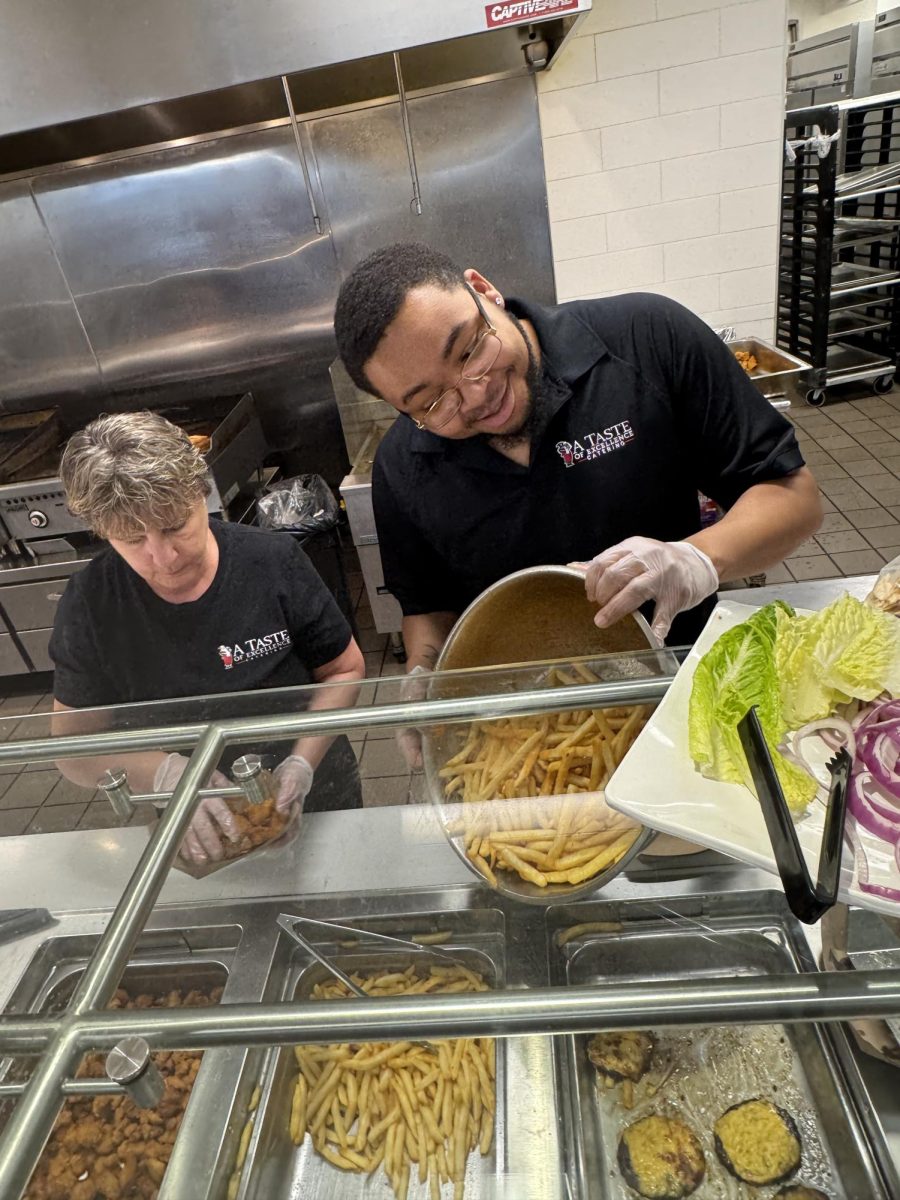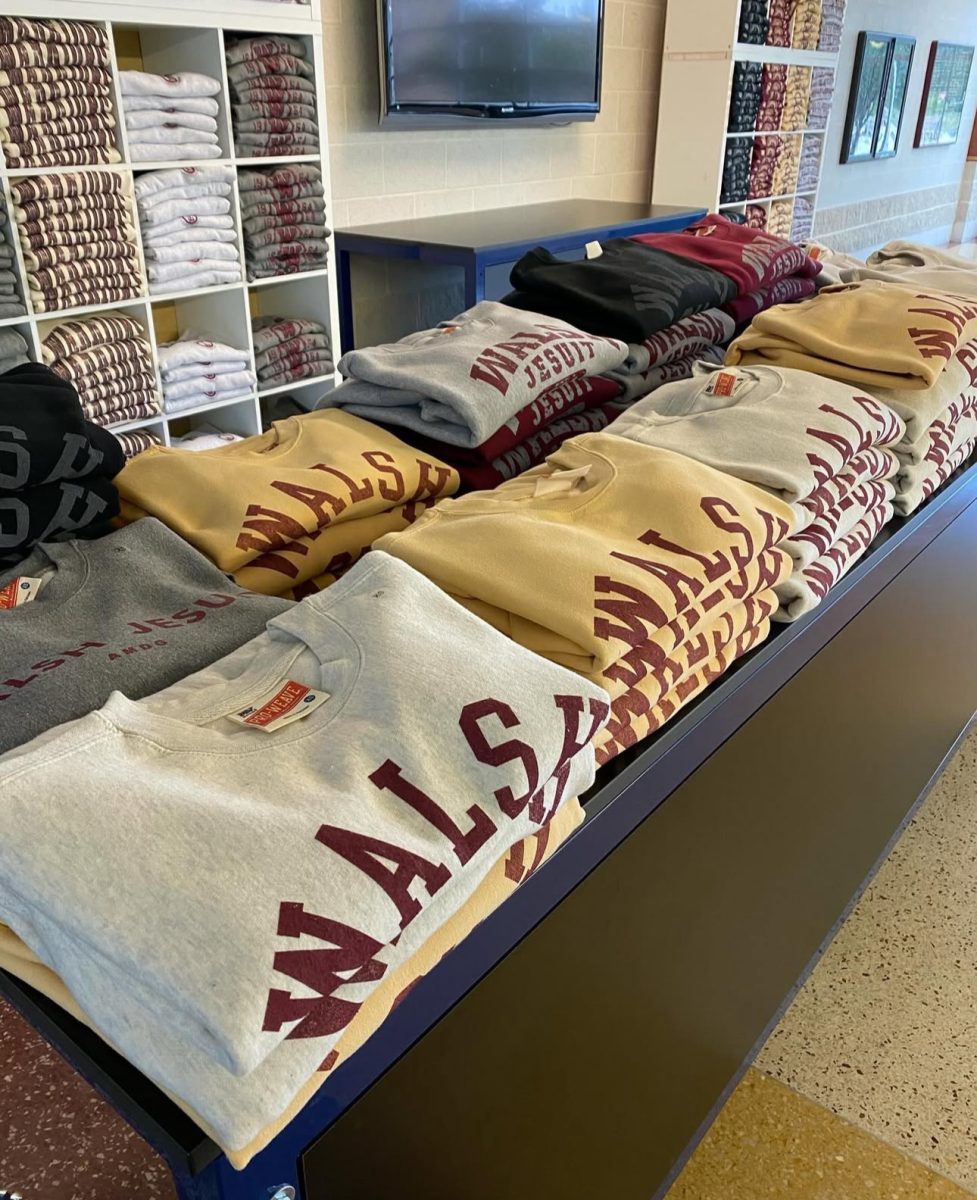Ban the bottle [Video]
The WJ Green Team seeks to eliminate single-use plastic water bottles
January 17, 2017
Freedom from plastic! A new movement is gaining momentum at Walsh Jesuit. The WJ Green Team, as a part of making the school more sustainable, has unleashed a media blitz against the use of plastic disposable bottles.
But the early sparks of this movement left senior Nick Ruth to ask, “As long as I recycle the bottle, what does it matter?” Valid point. Walsh Jesuit does do an exceptional job recycling and composting thanks to the “Zero Trash” system developed by a former student. However, when looking at the indisputable facts, it is clear switching to reusable bottles has significant benefits.
One benefit is reducing the school’s carbon footprint. Plastic disposable bottles pollute the Earth with carbon emissions from crude oil. According to Pacific Institute, the production of plastic bottles requires 17 million barrels of oil annually in the United States, enough to fuel 1.3 million cars for a whole year. Such emissions contribute to WJ’s carbon footprint and to global climate change.
The recycling rate for plastic bottles in the U.S. is 23 percent and, when thrown away, those bottles end up in landfills, rivers, lakes, and oceans. The bottles never fully biodegrade; remnants remain present even after 450 years, resulting in devastating affects to the environment.
Swapping to reusable bottles saves one person thousands of dollars a year. Purchasing bottled water at a recommended eight times a day for 365 days costs about $4,400. By switching to a refillable bottle, one can save up to $4,350 a year.
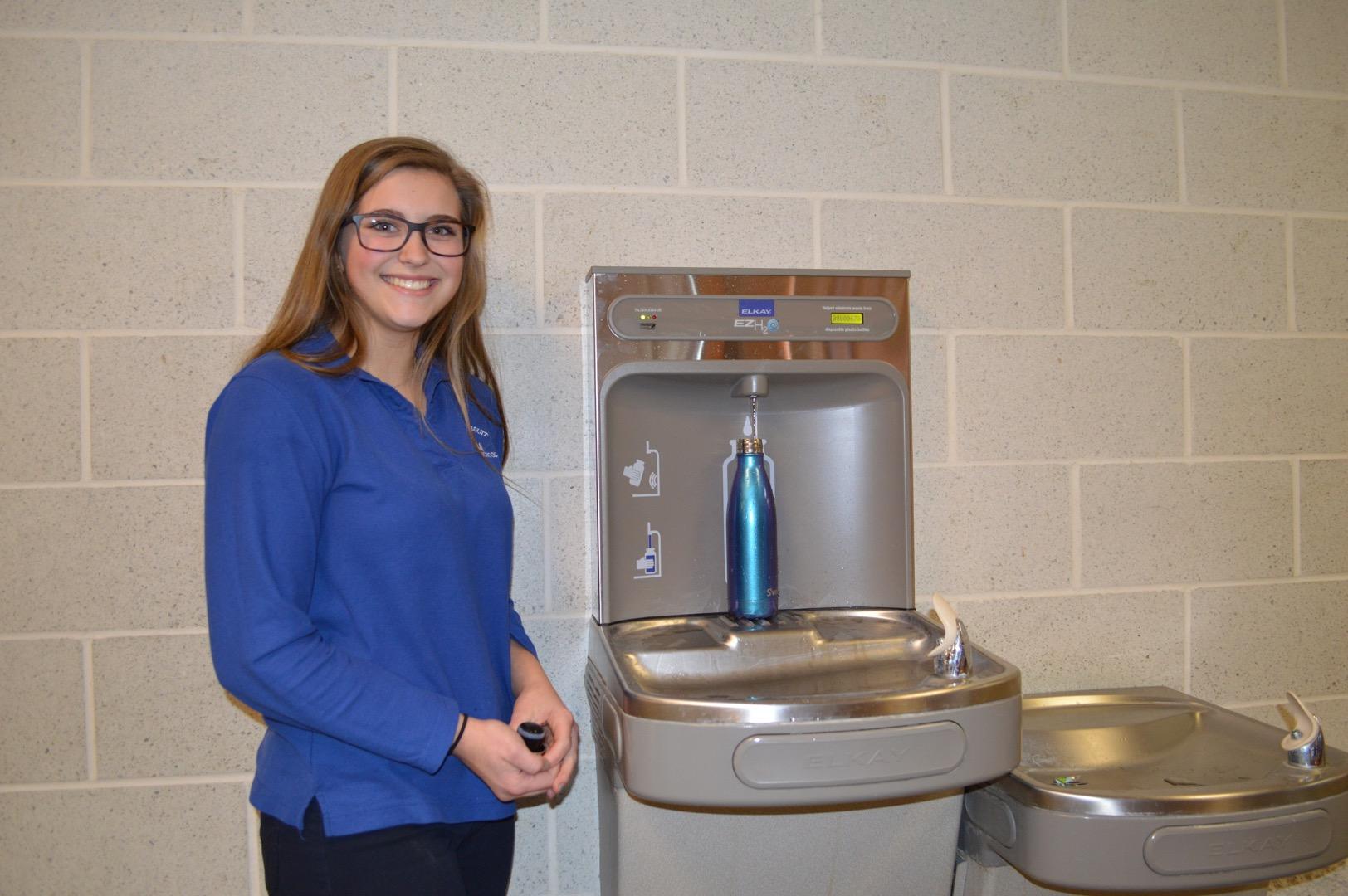
What makes the use of disposable bottles even harder to swallow are the chemicals potentially ingested with every sip. They release harmful chemicals into the water, especially when left in warm environments.
With the installation of filtered water bottle filling stations at WJ, there should be no reason to use disposable bottles anymore. These stations make it easy and satisfying to use refillable bottles.
The use of sustainable bottles saves individuals thousands of dollars, keeps WJ students healthy, and helps to end the pollution of the planet.

